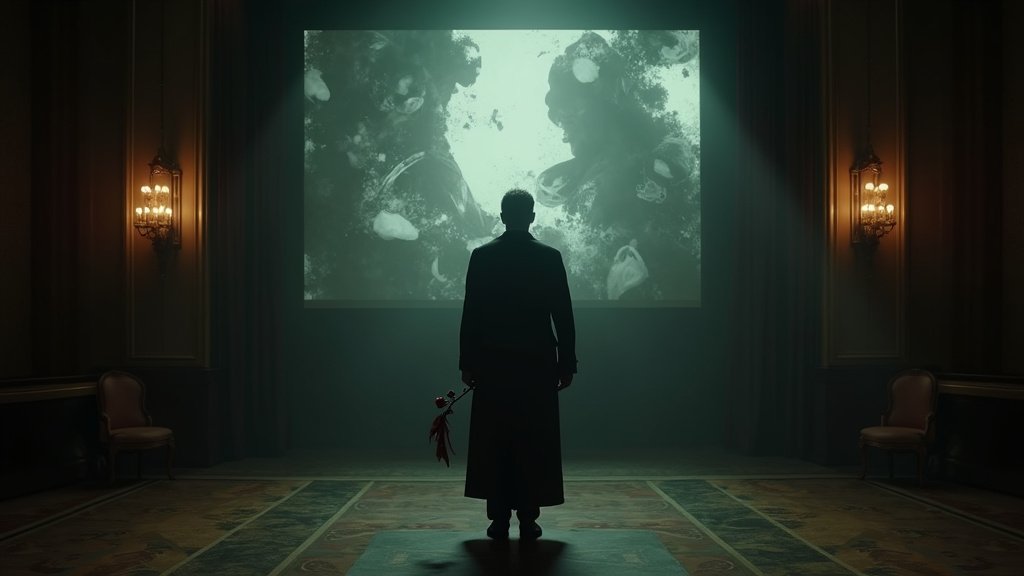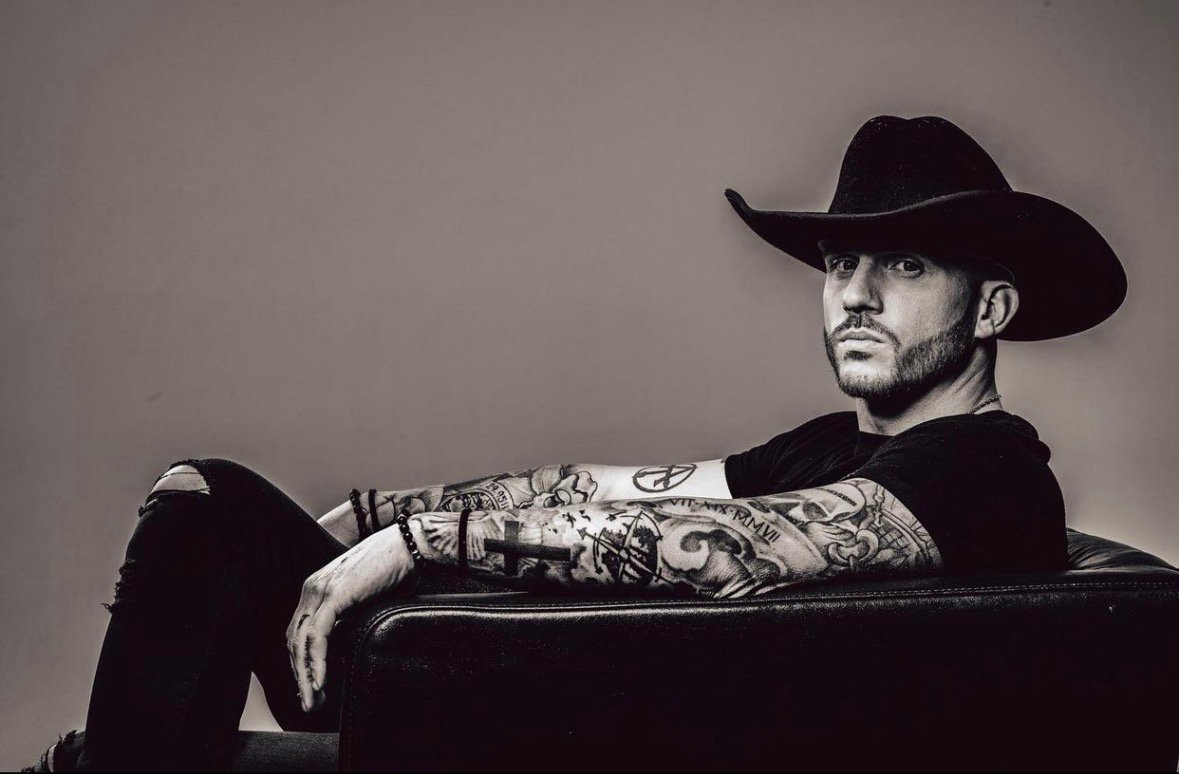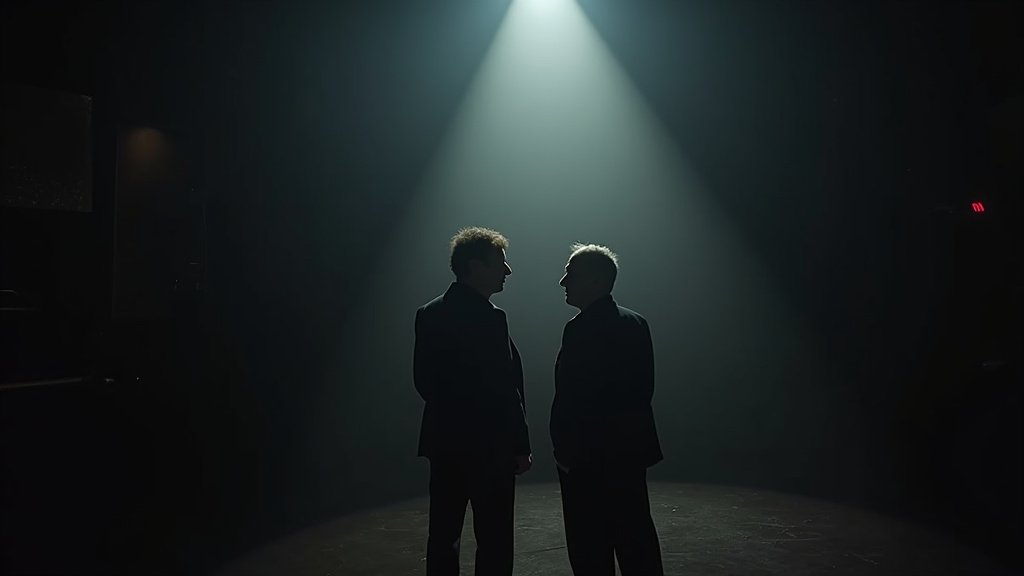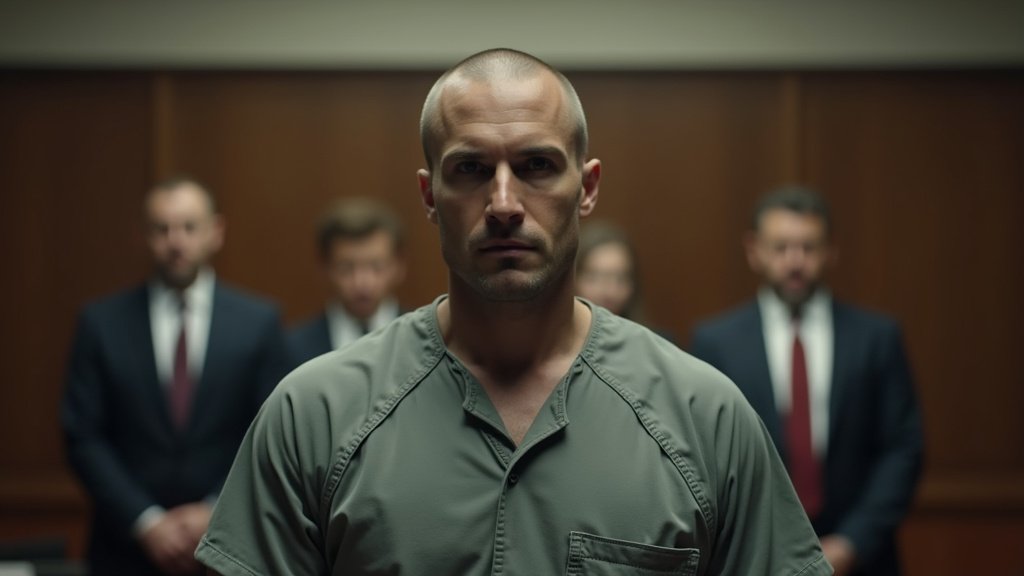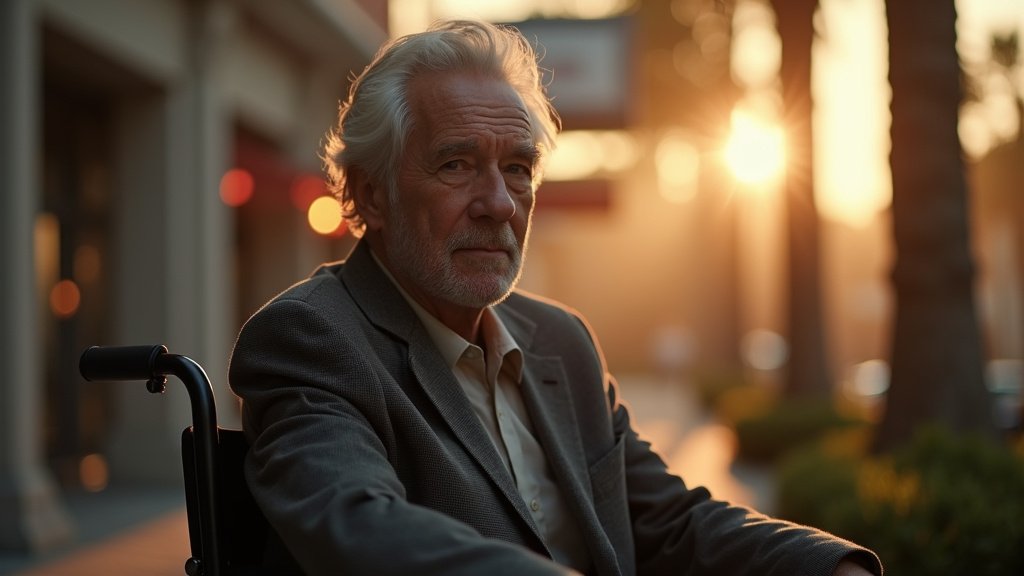In a significant development reflecting escalating global pressure, over 1,200 actors, directors, and film professionals, including major Hollywood names, have signed a pledge to boycott Israeli film institutions. The bold move, organized by the collective Film Workers for Palestine, cites accusations of complicity in “genocide and apartheid against the Palestinian people” as the driving force behind the boycott. This initiative, which has quickly become trending news, signals a growing wave of activism within the entertainment industry concerning the ongoing conflict in Gaza.
The Pledge and Its Inspirations
The sweeping pledge, released on September 8, 2025, commits signatories to “not screen films, appear at, or otherwise work with Israeli film institutions – including festivals, cinemas, broadcasters and production companies – that are implicated in genocide and apartheid against the Palestinian people.” Organizers have drawn inspiration from the historical cultural boycott of apartheid-era South Africa, a movement that played a role in ending the regime. The pledge directly answers a call from Palestinian filmmakers who have urged the international industry to refuse silence and complicity in the “unrelenting horror” unfolding in Gaza.
Prominent Hollywood Support
A-list talent has lent considerable weight to the campaign. Among the high-profile signatories are Oscar winners Olivia Colman, Mark Ruffalo, Tilda Swinton, Javier Bardem, and Emma Stone. Directors such as Yorgos Lanthimos, Ava DuVernay, Adam McKay, and Asif Kapadia have also added their names, alongside actors like Riz Ahmed, Cynthia Nixon, Ayo Edebiri, Josh O’Connor, and Lily Gladstone. The sheer volume of support from established figures has amplified the impact of this news.
Accusations and Targeted Institutions
The Film Workers for Palestine explicitly define complicity to include “whitewashing or justifying genocide and apartheid, and/or partnering with the government committing them.” The pledge cites the International Court of Justice’s ruling that there is a “plausible risk of genocide in Gaza” and that Israel’s occupation and apartheid policies are unlawful. Specific Israeli film institutions named as targets for the boycott include major festivals such as the Jerusalem Film Festival, Haifa International Film Festival, Docaviv, and TLVFest, due to their alleged partnerships with the Israeli government. Organizers have stressed that the boycott is aimed at institutions, not individual Israeli artists.
Industry Reactions and Broader Context
In response to the pledge, the Israeli Film and TV Producers Association issued a statement calling the initiative “profoundly misguided” and “shortsighted.” They asserted that Israeli artists have historically been voices allowing audiences to witness the conflict’s complexity, including Palestinian narratives, and that they work with Palestinian creators to promote peace. This pledge follows a broader trend of Hollywood engagement with the conflict; earlier in 2025, hundreds of figures signed an open letter condemning the industry’s silence on Israel’s actions in Gaza, and Palestinian filmmakers had previously accused Hollywood of “dehumanizing” Palestinians on screen. The current hype surrounding this pledge underscores the deep divisions and intense debate within the global film community regarding the conflict.
Potential Impact and Future Outlook
The cultural boycott movement, inspired by past successes, aims to exert political pressure through artistic and economic isolation. While the full repercussions are yet to unfold, the participation of such a large number of influential figures suggests this is more than just a symbolic gesture. The pledge could reshape festival lineups, distribution deals, and future collaborations, marking a significant moment in the intersection of Hollywood, activism, and international politics. This news continues to be a dominant story in entertainment and global affairs.

